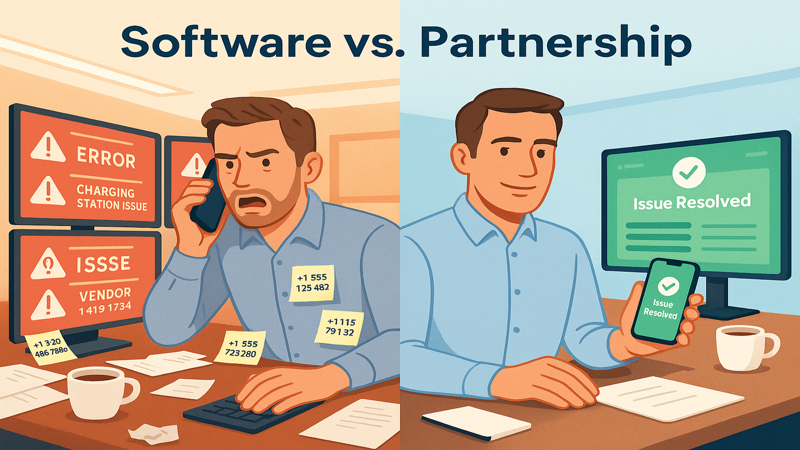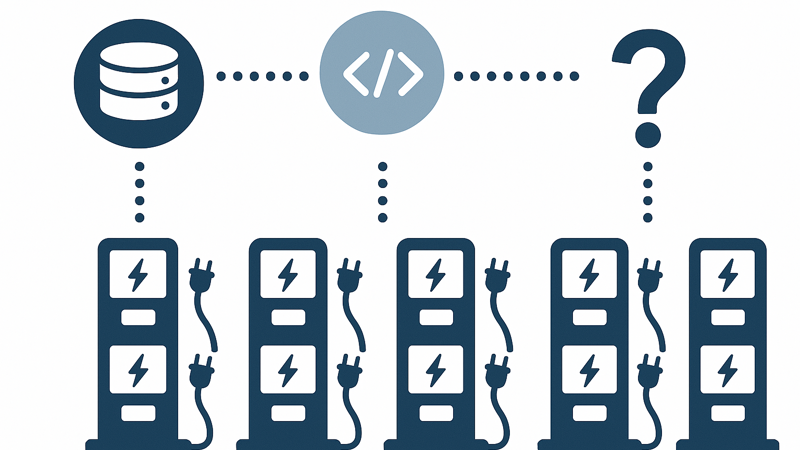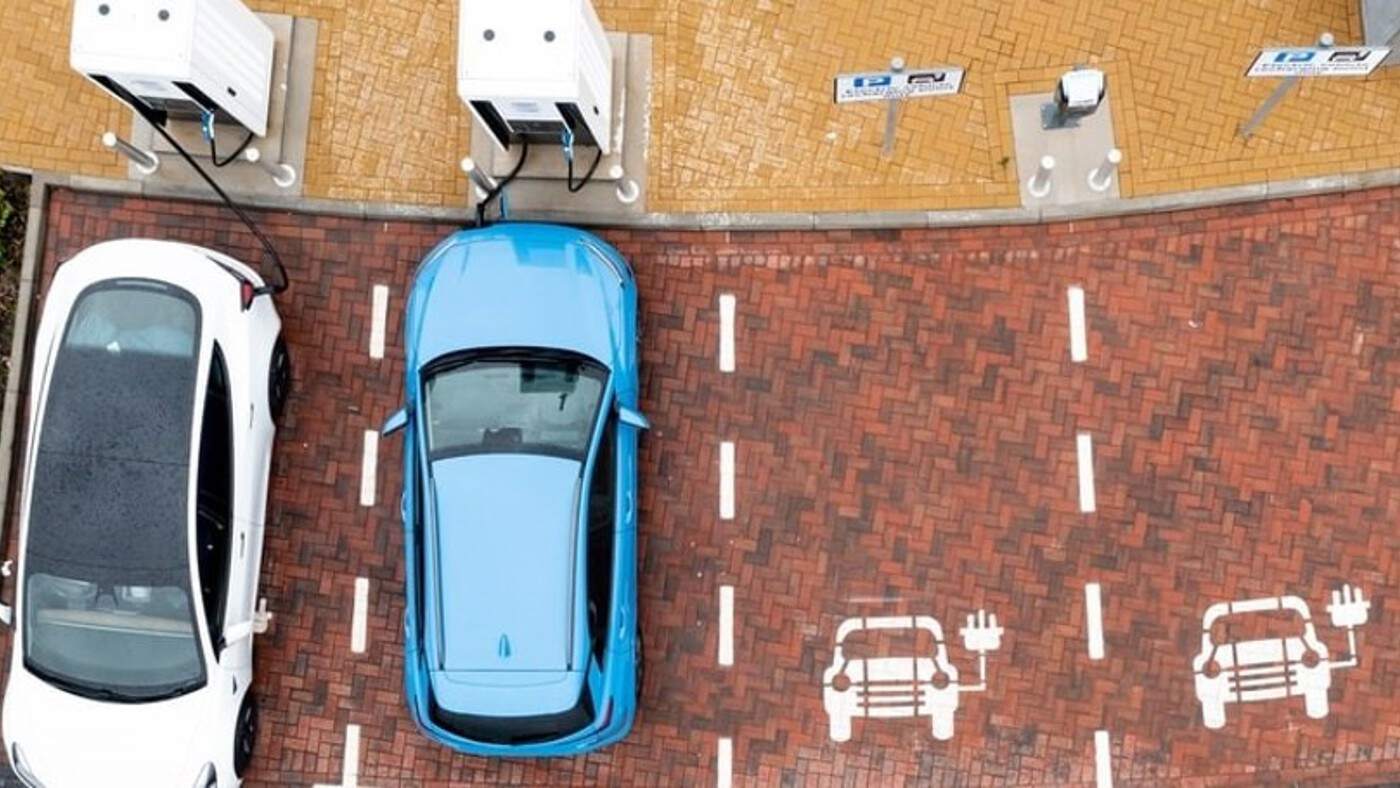
EV Charger Grants: A Complete Guide
EV Charger Grants: UK
If you're looking to install EV chargers at your workplace, business, or public sector organisation, you're likely aware that Government grants are available to help get your project off the ground.
But what are the grants, and how can you use them to cover up to 75% of the costs of your EV charger installations?
Some of the main grants currently available include:
- The Workplace Charging Scheme (WCS): For businesses, charities, and public sector organisations, covering up to 75% of the total costs of EV charging points.
- The EV Infrastructure Grant for Staff and Fleets: Like the WCS, the EV infrastructure Grant for Staff and Fleets covers 75% of the cost of the work, but with a £15,000 cap, and eligibility specifically for organisations with less than 250 employees only. Organisations can apply for this and the WCS simulatenously.
- Local Electric Vehicle Funding (LEVI): This funding is available for English local authorities exclusively, but can cover an average of around £100,000 in the rollout of the EV charging infrastructure across your constituency.
Below, we have a full breakdown of who these grants are available for, and how to apply if they fit your EV charging plans.
The Workplace Charging Scheme (WCS)
How does it work?
Any business, charity, or public sector organisation in the UK is eligible to apply for the WCS grant, provided they can 'demonstrate a need for EV charging equipment or a desire to encourage EV usage'.
To apply, all you need to do is fill out an online form. Once the application is approved, the organisation is issued a voucher code, which can be given to an OZEV-approved installer.
The installer will then deduct the value of the voucher from the total cost of the charge point installation.
What are the requirements?
Charge points installed must be registered with the National Chargepoint Registry (NCR). They should be suitable for residents and acknowledge any local parking constraints.
Local authorities must systematically record charge point usage details to be relayed to OZEV quarterly; which can be provided through back-office software providers like Clenergy EV.
Note: However, it's important to note that the voucher expires after six months, so businesses should coordinate with their chosen installer to ensure the process is completed within this timeframe.
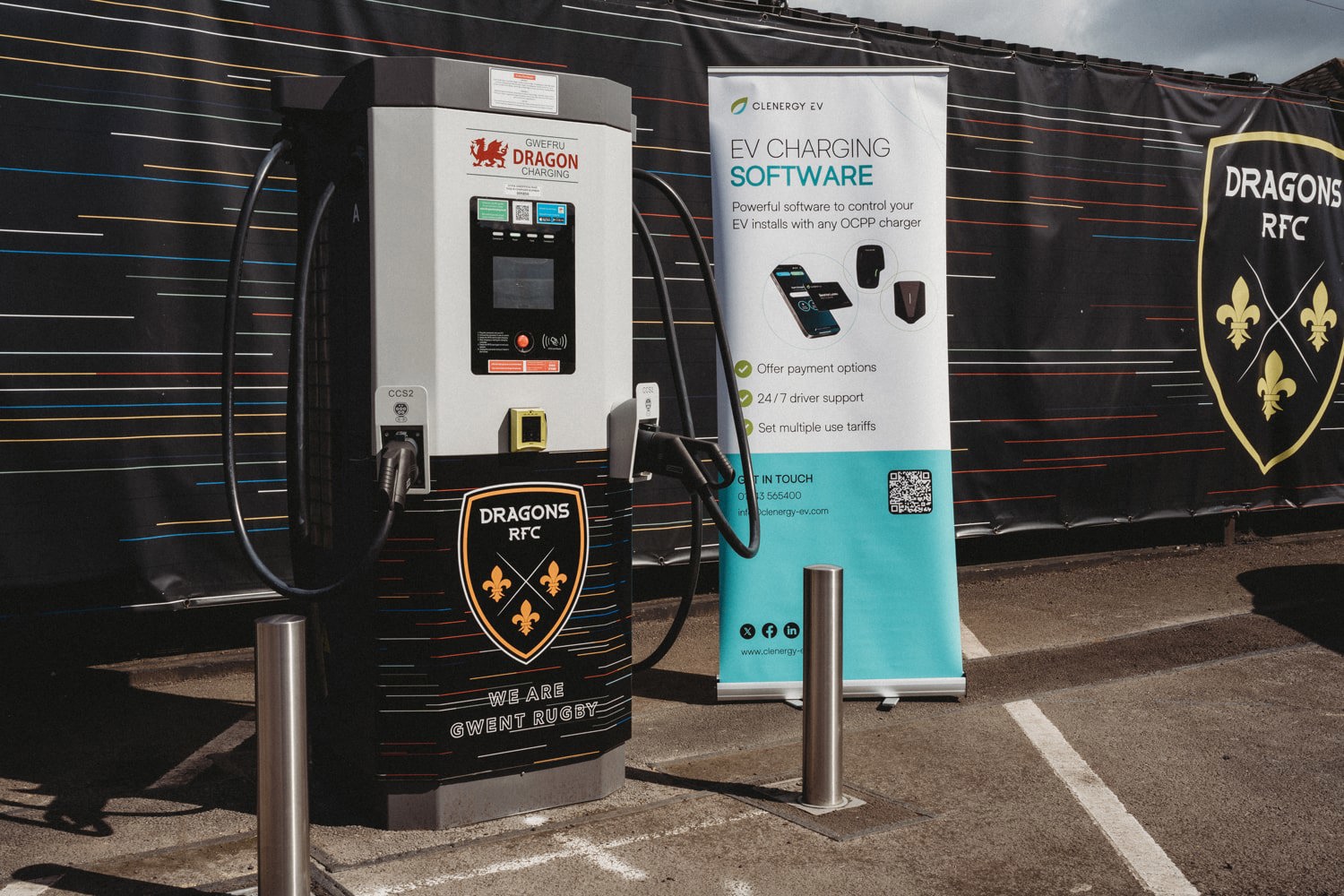
EV Infrastructure Grant for Staff and Fleets
This grant is for UK-registered companies, charities, or public sector organisations with under 250 employees, with money available for immediate and scheduled installations (not previous).
The EV infrastructure grant goes beyond just the face-value charger and installation labour costs, covering wiring and charger mounting eg. posts.
With it, you can get up to 75% of the total cost of installation covered. That allows for:
- up to £350 per charge point socket installed
- up to £500 per parking space enabled with supporting infrastructure
- A maximum of five grants across five different sites.
Each parking space claimed under the grant must be associated with a unique charge point socket, and the closing date for the grant is 31st March 2025.
How can I apply?
Your business can receive up to five grants, supporting a minimum of five parking spaces with at least one working charge point.
The charge points installed must be for the exclusive use of staff or fleet vehicles, and the charging infrastructure must comprise a new electrical connection at a metered electrical supply point, such as a consumer unit or feeder pillar, and a dedicated, safe, unobstructed route for electrical cabling from the electrical supply point to all installed charge points and future connection locations.
Before applying, businesses must complete any necessary upgrades to the building’s electrical supply to service its charge points, make arrangements for the maintenance of the charge points once installed, and make arrangements to pay for the electricity and other running costs of the charge points.
To start an application, businesses must understand the grant rules and restrictions, agree with their installer about what work they will carry out, and have an account. Again, this process can be streamlined by working directly with a partnered installer to help understand the requirements, and how to deliver your charge points in line with grant restrictions.
On-Street Residential Charging Scheme
This grant is available solely for UK local authorities, and is aimed at providing help with the funding of EV charging stations across the public network. The scheme has recently undergone an update, which we’ll cover in more details below, and the application close date is currently listed as 1 March 2024 or until all 2023 to 2024 funding has been allocated, whichever is sooner - so make sure not to delay your application if it applies to your EV charging plans.
For the 2023-2024 financial year, the scheme has been revised, now covering:
- Up to a maximum of 50% of a project's capital costs.
- Funding capped at £200,000, with the grants for individual charge points not exceeding £7,500 on electrical upgrade costs.
How can I apply?
In order to apply, charge points installed must be registered with the NCR (National Chargepoint Registry), which you can do here.
What are the restrictions?
Eligible charge points must:
- Not exceed 22kW power
- Be located in residential areas
- Be available for use on a 24/7 basis (in line with public charge point regulations
Authorities applying must:
- Provide a plan of charge point locations
- Ensure these locations lack off-street parking. This can be demonstrated through photographs or maps.
- Ensure accessibility to residents through resident parking schemes or permits to ensure that local residents are assured that they will be able to charge their vehicles on a regular basis.
Local authorities must also again record charge point usage details as part of achieving this grant, again being supplied to OZEV for vital policy appraisal and trend spotting. Of course, as previously mentioned, using smart back-office software can easily tick this application box for you, as management systems such as Clenergy’s provides detailed charger information to a single, easy-to-use platform for you to review charging habits internally as well as send externally.
The application form can be found here.
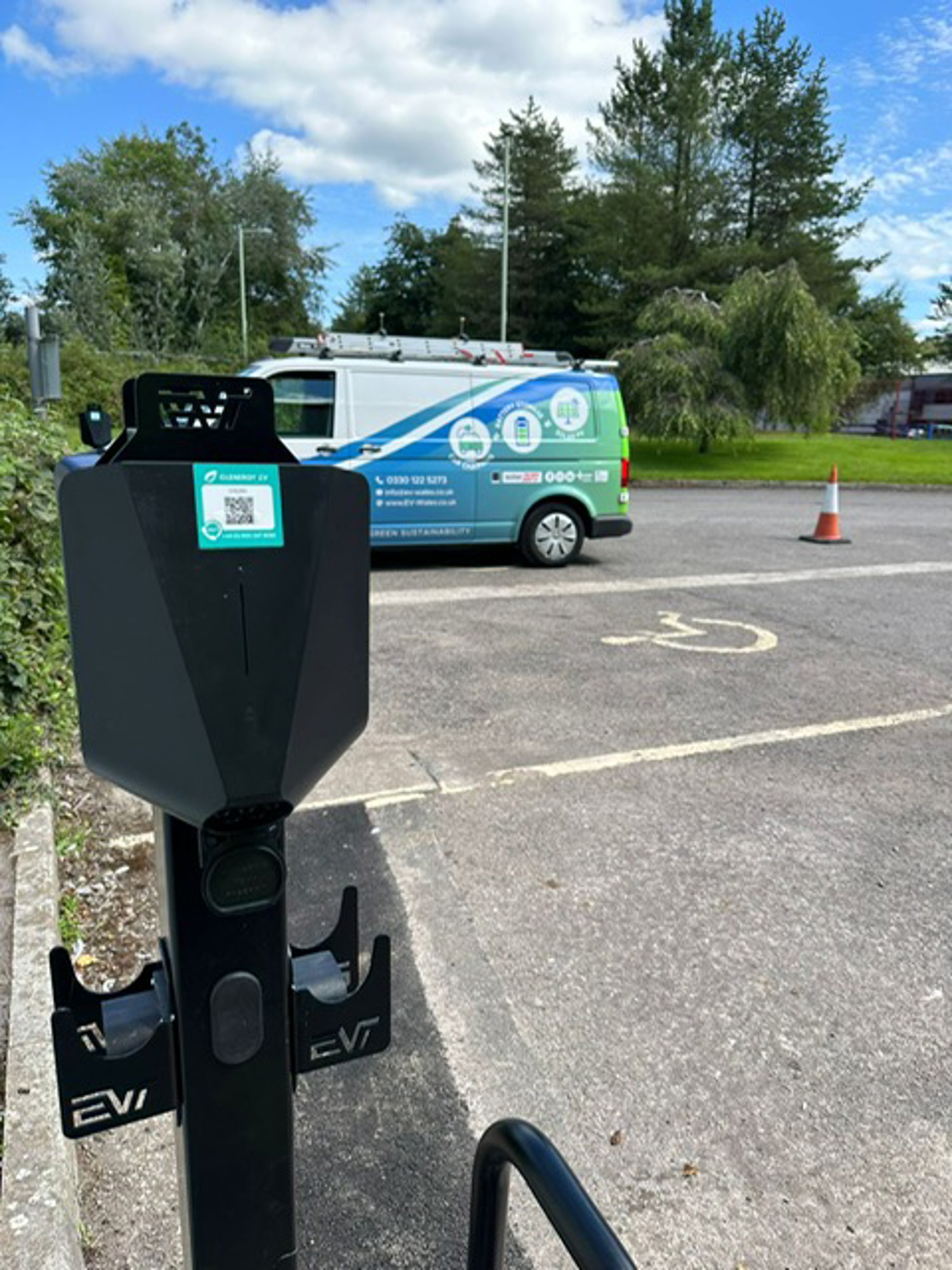
Local Electric Vehicle Infrastructure Funding (LEVI)
With a closing date again of March 31st 2025, LEVI funding is a scheme that applies exclusively to English local authorities. Aimed at supporting the delivery of charge points for residential use, application for the LEVI funding is done in three stages:
- stage 1: expression of interest
- stage 2: application form
- stage 3: contract review
Under this funding scheme, each a set amount is allocated to each region of England, with a full breakdown on the maximum funding available per region and authority found here. Overall, the amount available for each local authority averages at around £100,000, so this represents a huge opportunity to help offset some of the initial EV charging costs and start streamlining the rollout of a robust charging network across your constituency.
EV Support
The world of EV is relatively new, and can be a tricky place to navigate if you're not familiar with the industry.
Having someone in your corner could make all the difference, whether that's providing technical advice for your installations, or a myriad of different tools and analytics to make sure your network works as intended.
We aim to make EV charging as easy as possible for our customers, and have acted as the 'extra team members' for businesses and local authorities managing their EV transitions since 2016.
Interested in learning more about how we could help your transition to EV remain as smooth as possible? Get in touch via the form below.
